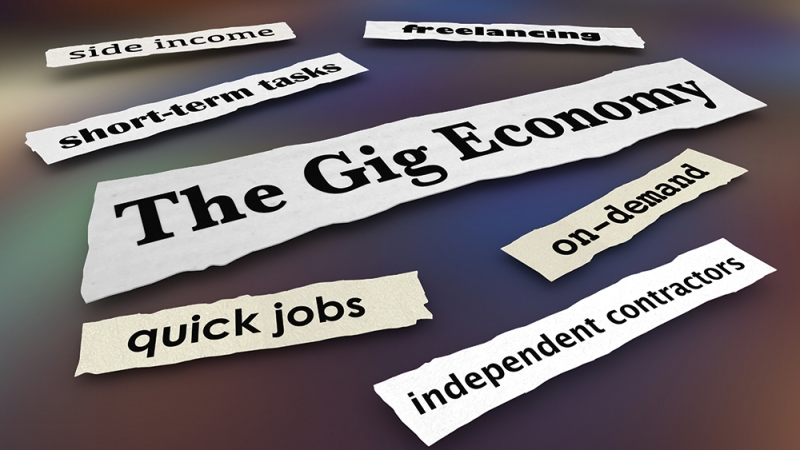However, a few of Bloch’s clients who do not want to gamble on the city’s ability to enforce the rules, told him they’d rather convert to a long-term rental than sell at a discount.
“I have no way of knowing,” said Bloch. “They wouldn’t tell me if they were breaking the rules.”
Similar restrictions were placed on short-term rentals in Los Angeles in 2019 by passage of the LA Home Sharing Ordinance. But, a 2022 report from Better Neighbors LA found that more than half of them were non-compliant. Many were either using fake or expired registration numbers, disguising the property as a long-term rental, falsely claiming it as a primary residence, or misrepresenting the property’s location. The report states the rise in non-compliance in 2022 is due to the lack of enforcement, with a 54% decrease in warning letters and an 85% decrease in fines.
Whether New York City can reduce or slow the growth of rent and home prices by essentially banning short-term rentals remains to be seen. But Charles Tassel, chief operating officer of the National Real Estate Investors Association, doesn’t feel very confident about that.
“If you are trying to disincentivize good business, you have to really know what’s the real incentive behind the scenes,” Tassel said.
Incentives Are Clear
Incentives, on the other hand, get right to the point. Rather than throwing obstacles in the way of investors they could potentially out-maneuver, more industry experts believe it’s better to present them with a better offer and let them chase it.
“They’re exactly like entrepreneurs. They’re going to figure out how to get to yes. How do I get this done? And that mindset typically out-maneuvers the point paint put in place with a disincentive,” Tassel said.
An example of an incentive for real estate investors to provide more affordable housing is the Lease to Locals program in Summit County, Colorado, which incentivizes short-term rental property owners by giving between $10,000 and $22,000 per lease in exchange for renting their properties long-term to local workers at a capped rental rate. Owners must cap their rent between $1,000 and $1,500 per bedroom, depending on the unit size.
Since the program launched in the Fall of 2021, 107 properties have been converted from short-term to long-term rentals, according to the Summit Daily. The majority, 87 units, reside in unincorporated areas and have helped house 192 residents — 79 of which have signed 12-month leases. The other 32 opted to rent for six months for a seasonal lease.
“If you want something to happen by incentivizing it, you get more of it,” said Anthony Geraci, founder and vice chairman of the American Association of Private Lenders. “You get this carrot with the stick of capping rents; to me, that does more, if you will, for affordable housing than saying you must live in your apartment in New York with a stranger.”
The one problem with this incentive is that demand is exceeding funding. Local officials have spent about $1.65 million since the program launched in 2021, and with 24 leases due to expire in 2023, 48 residents are at risk of losing their affordable homes.
Velocity CEO Farrar is not all that surprised, saying incentives can sometimes fall short of expectations.
“What I’ve seen through my career is these, most of these incentive programs are very well intended, but typically fall short and don’t end up helping the people that they’re intended to help,” Farrar said. “Sometimes, they are muted in their response and effectiveness.”












